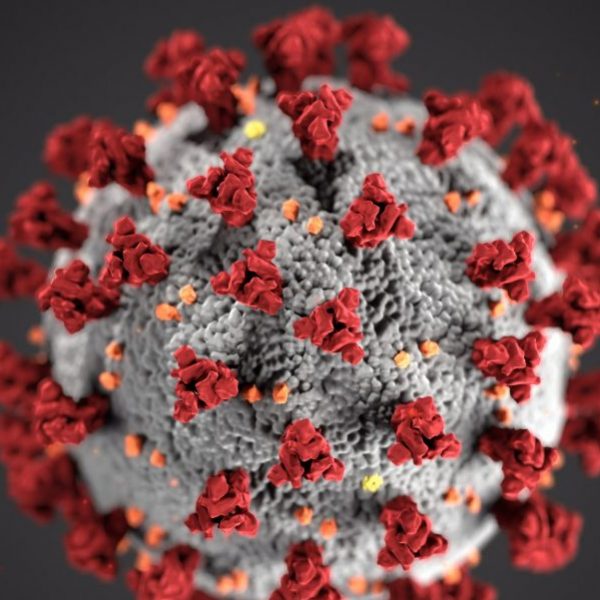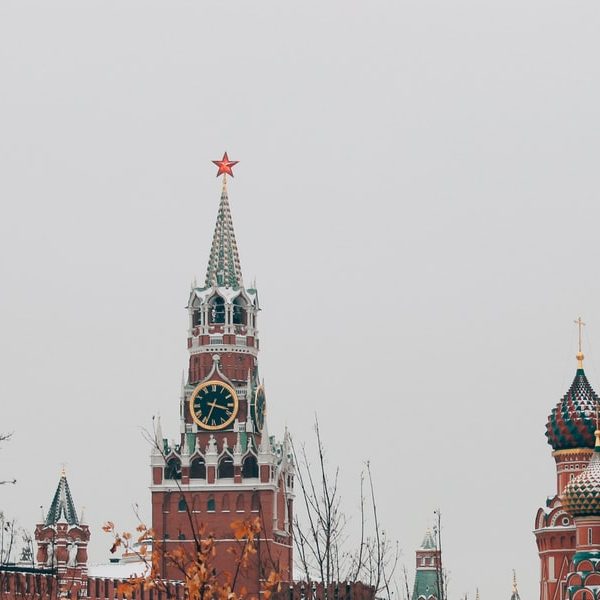The Real Fidel Castro
 Yesterday, Cuba’s government announced that its ruler, Fidel Castro, had survived intestinal surgery, but didn’t give any more details about his condition. On Monday evening, Castro, who will turn 80 on August 13, temporarily handed power to his brother, Raúl, before undergoing the surgery. After his surgery, Castro released a statement, saying he expected to be back after a convalescence of “several weeks.”
Yesterday, Cuba’s government announced that its ruler, Fidel Castro, had survived intestinal surgery, but didn’t give any more details about his condition. On Monday evening, Castro, who will turn 80 on August 13, temporarily handed power to his brother, Raúl, before undergoing the surgery. After his surgery, Castro released a statement, saying he expected to be back after a convalescence of “several weeks.”
Cuban exiles in Miami celebrated the news, while leftist leaders in Latin America showed expressions of concern. According to an article in today’s New York Times, President Bush said on Monday, before Castro’s illness was announced, that the United States’ policy would be to undermine Raúl’s rise to power. Raúl has been Fidel’s most loyal and trusted supporter since the beginning. During the early years of the revolution, he personally ordered hundreds of summary executions, according to an article in today’s Wall Street Journal. The executions earned him a reputation for ruthlessness, and he is identified with the regime’s worst excesses. Despite his faults, Castro family members say that he is more approachable than his “larger-than-life” brother, calling him a family man who has clan gatherings where he plays with his grandchildren.
Although little is known about Raúl, there is a fair amount of information available on Fidel. Films, documentaries, and books have done their best to describe Cuba’s leader. Following the Cold War years, Fidel was painted as either an unblemished idealist or as a ruthless dictator. The Real Fidel Castro (Yale University Press, 2003) by Leyester Coltman attempts to show that neither assessment of Castro is true. Coltman was the British ambassador to Cuba in the early 1990s and his unique position allowed him to observe Fidel’s personality in both public and private situations. He explores the contradiction between the private character and the public reputation and presents a close-up view of the man who has been loved, admired, feared, and hated, but seldom understood.


























A real book about Castro´s government? In my opinion Oliver Stone made a great job with Fidel Castro in the ” Comandante ” documentary.
Is it possible so much contemporary history in a nutshell ?
( Hamlet quoted again )